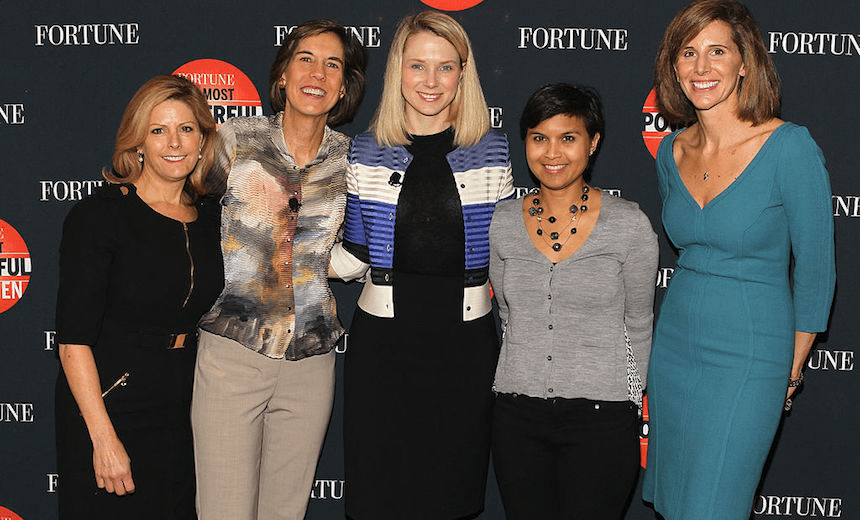Workplace equality still has a long way to go in this country. But while we fight on, let’s celebrate the businesswomen who are already crushing it says Laura Platts, author of a career advice blog for young women.
The New Zealand Herald recently revealed the pay packets of the CEOs of our top 50 publicly listed companies. My nosy side got the better of me and I wanted to take a peek at the list. Who was on there that I aspire to be?
But not a single person that made the list was a woman. Not one. The CEOs of the top 50 listed companies in New Zealand are all male.
As a career-focused Gen Y woman I was shocked. It simply hadn’t occurred to me that this could be the case.
Looking back, when I entered the workforce I had a somewhat naïve view. Little did I know that there are still ridiculous gender issues prevalent in 21st century workplaces.
Wee ol’ New Zealand was the first country in the world to allow women to vote in 1893; in 1972 Kiwi women were granted the right to equal pay with the Equal Pay Act; and from 1999-2008 we had our first elected female prime minster. So you would think we’ve come a long way. However, in 2016, we still don’t have a single women running the cutter of our largest listed companies.
And as a Gen Y feminist, this breaks my heart.
After managing and mentoring people at work, and with strong personal career ambitions, I found I had a passion for helping others in their careers. As a result I started The Workher, a career advice blog aimed at helping female professionals navigate their way through workplace still riven by gender issues.
At the top corporations in New Zealand (not just publicly listed ones), women hold only 19% of executive office positions and only 9% of board seats(pdf). Men are still paid more than women for doing the exactly same job; in some industries the pay differential can be as high as 30%. Overall Kiwi women earn $6,000 less than men. Every year.
So what are we doing about it?
Changes such as quotas for women in board positions, mentorship programmes and increased paid parental leave for fathers all help. But are they enough? When will we see real workplace change? Susan Credle, the global chief creative officer for FCB, the agency I work for, said in a recent interview on the advertising industry: “Instead of asking, ‘Where are the women?’ it’s time to drop the ‘W’ and say, ‘Here are the women’.”
I agree. We have some top dog women in this country and it’s time we celebrated them. Here they are: 10 leading Kiwi women who are crushing it in the business world.
Theresa Gattung CNZM – one of the country’s leading business professionals, Gattung sits on multiple boards and is Chair of AIA Australia and Chair of Telco Technology Services. Not only that, she’s a co-founder of the hugely successful My Food Bag.
Barbara Chapman – CEO and Managing Director of ASB Bank and a ‘Champion of Change’ at Global Women.
Sue Sheldon CNZM – Chair of Global Women, an organisation dedicated to revolutionising the diversity landscape. Chair of Freightways and former Chair of Chorus.
Carmel Fisher – Founder and Managing Director of Fisher Funds.
Anna Curzon – Managing Director of Xero New Zealand.
Colleen Milne – CEO of the Real Estate Institute of New Zealand.
Kym Niblock – CEO of Lightbox.
Angela Buglass – CEO of Trilogy International.
Joan Withers – Former CEO of Fairfax and now chair of Mighty River Power and TVNZ, a director of ANZ, and a member of the Treasury Advisory Board.
Paula Bennett – Minister for Climate Change Issues, Minister for Social Housing, and Minister of State Services.
These are women who inspire me. I say: it’s time to turn things around. It’s time for workplace equality. But it’s easy to say that, and hard to actually achieve it. There are steps we can all take to make a difference. I’m urging every single woman to renegotiate their salaries this year. Find a mentor to help guide you and keep you accountable, enrol in training programs to boost your skills, or simply get out there and network. Above all, push for what you believe you deserve.
Laura Platts writes practical career advice for young women at The Workher



